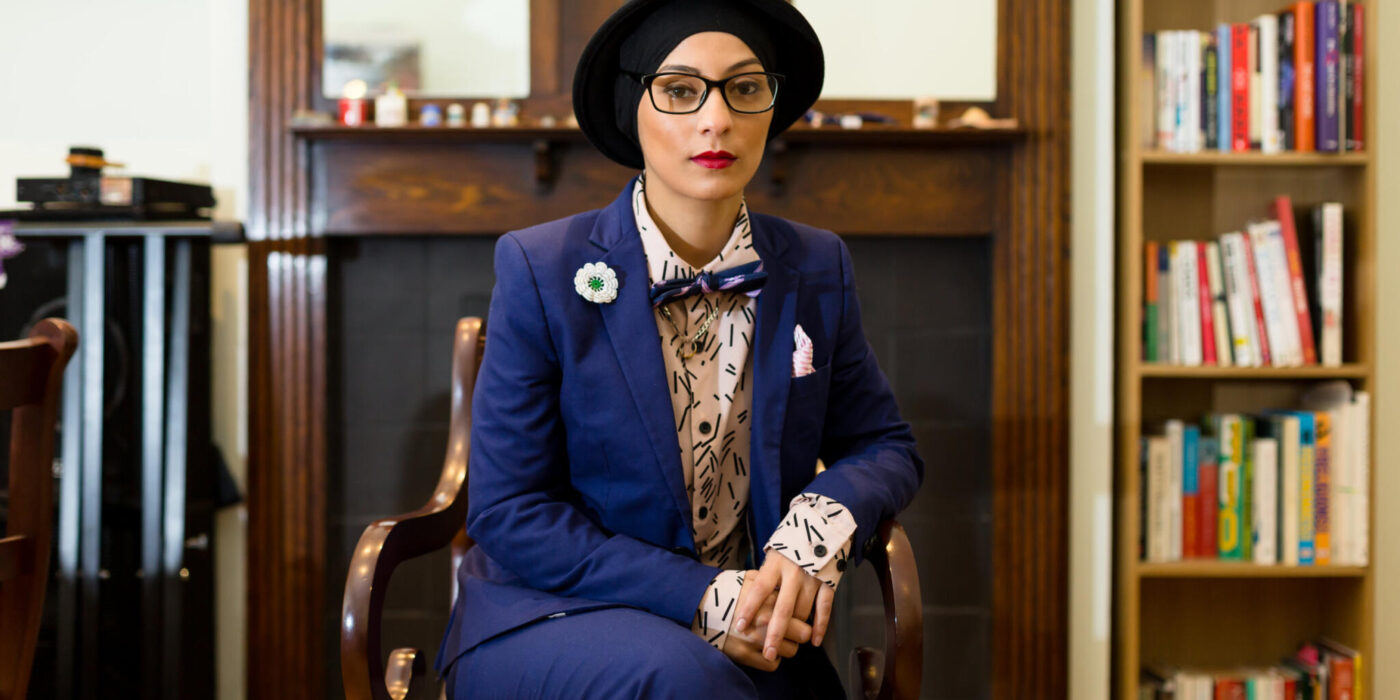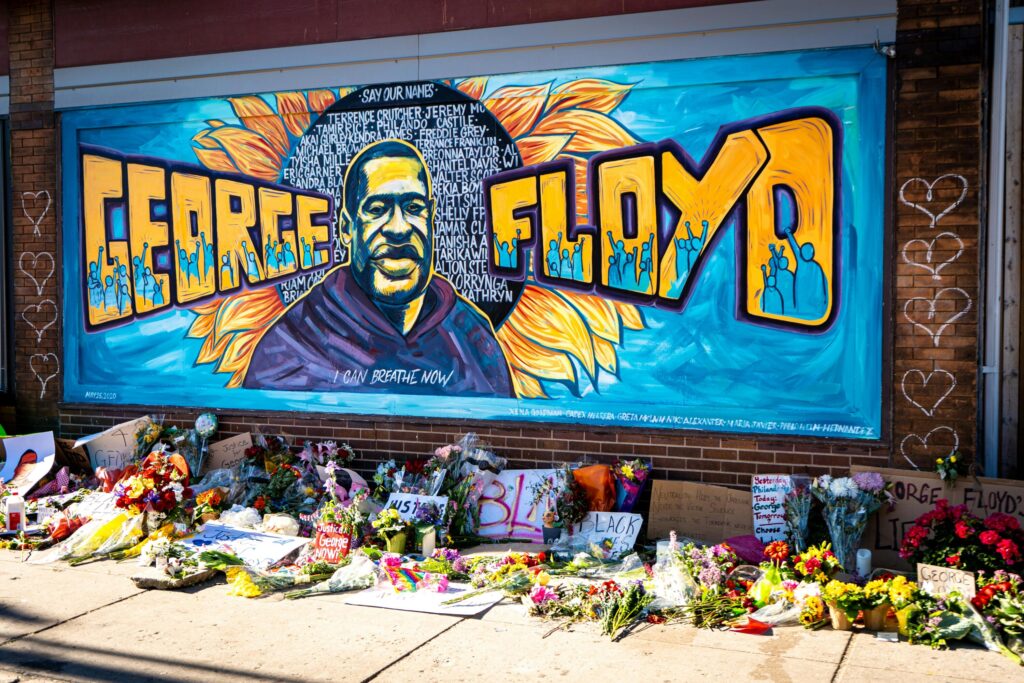Many of us face the challenge of overcoming imposter syndrome. UnderOne had the privilege of conversing with Advisory Board member and spoken word poet Amerah Saleh, who shared her invaluable perspectives and strategies for overcoming this universal hurdle. Through her experiences and insights, Amerah sheds light on the intricacies of imposter syndrome and offers guidance on harnessing inner strength to triumph over its stifling grip.
UnderOne: Amerah, thank you for sharing your insights with us today. Could you elaborate on the challenges you’ve faced in the arts sector, particularly regarding imposter syndrome?
Amerah: Imposter syndrome has been a significant hurdle in my journey within the arts sector, despite possessing the skills and qualifications necessary for success. My lived experiences, which are not validated by any formal degree, often left me feeling inadequate and doubting my abilities in creative spaces. To overcome this, I’ve found myself working twice as hard to prove myself.
I’ve struggled with feeling like an imposter in rooms filled with talented individuals who may not share my background or experiences. To combat this, I’ve developed coping mechanisms, including what I call my “inner white man” persona. It’s a mask I put on to boost my confidence and courage, allowing me to speak up, apply for opportunities, and participate in meetings. While it’s helped me navigate these spaces, it’s also a reminder of the systemic challenges that individuals like me face in the arts sector.
UnderOne: Your experience sheds light on a pervasive issue in the arts industry. How do you think diversity and inclusion efforts can address imposter syndrome and promote a more inclusive environment?
Amerah: One of the biggest challenges is the lack of validation for lived experiences. Arts organisations tend to prioritise formal qualifications over diverse perspectives, exacerbating imposter syndrome among individuals from marginalised communities. To overcome this, we need to foster inclusive environments and provide mentorship and support networks to validate and empower those grappling with imposter syndrome.
However, I believe that by fostering inclusive environments and recognising the expertise inherent in lived experiences, the arts sector can begin to address imposter syndrome. Mentorship programmes and support networks are crucial for providing guidance, encouragement, and validation to individuals grappling with imposter syndrome. Additionally, creating spaces where diverse perspectives are respected and celebrated can help combat feelings of inadequacy and self-doubt.
UnderOne: How do you believe diversity and inclusion efforts within the arts sector can contribute to broader societal change and cultural transformation?
Amerah: By promoting diversity and inclusion in artistic representations, I believe the arts sector can provide platforms for marginalised voices and communities to be heard and seen. This increased representation helps challenge stereotypes, break down barriers, and foster empathy and understanding across different groups within society.
Inclusive arts initiatives empower individuals from underrepresented groups, including myself, by providing us with opportunities for creative expression and self-representation. By amplifying diverse narratives and experiences, the arts empower marginalised communities to assert our agency, challenge social norms, and advocate for change on our own terms.
I’ve witnessed firsthand how embracing diversity in the arts encourages cultural exchange and appreciation, enriching society’s understanding of different traditions, histories, and worldviews. By celebrating the richness of cultural diversity, the arts sector promotes cross-cultural understanding and solidarity, fostering a more inclusive and interconnected global community.
UnderOne: It’s clear that the arts sector plays a pivotal role in driving positive societal change. How do you envision the future of diversity and inclusion in the industry?
Amerah: I believe that diversity and inclusion efforts within the arts sector can influence broader policy discussions and advocacy efforts aimed at addressing systemic inequalities and injustices. By highlighting the social and economic value of diverse artistic expressions, arts organisations can advocate for policies that support equitable funding, access to resources, and representation across cultural and creative industries.
I am hopeful that the arts sector can play a significant role in driving positive societal change, fostering greater inclusion and equity, and contributing to a more vibrant and interconnected world.
Book your ticket to see Amerah perform live at UnderOne Festival. Get a ticket.


